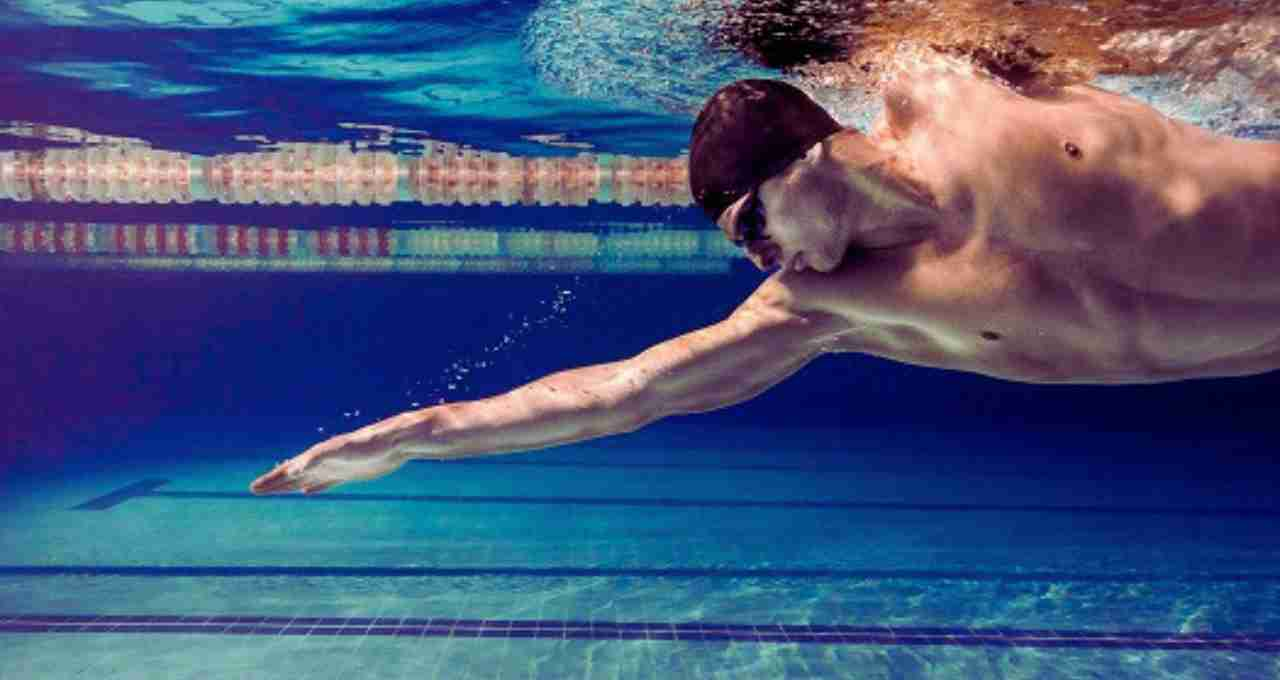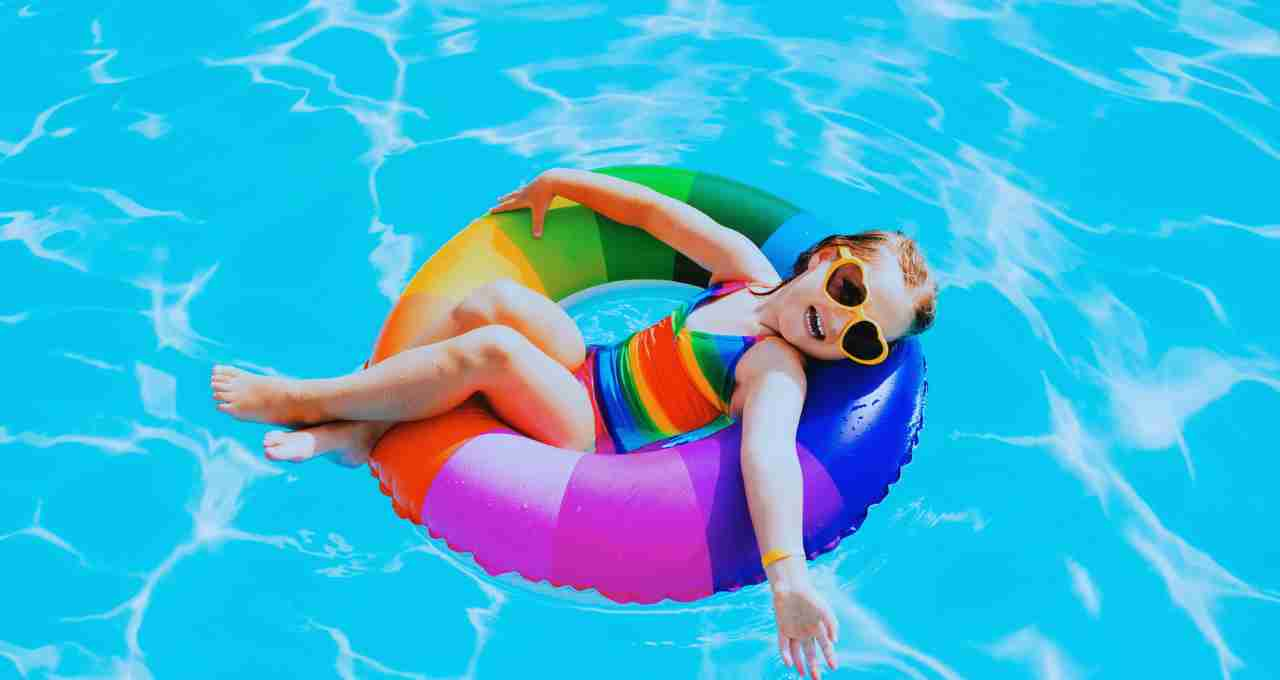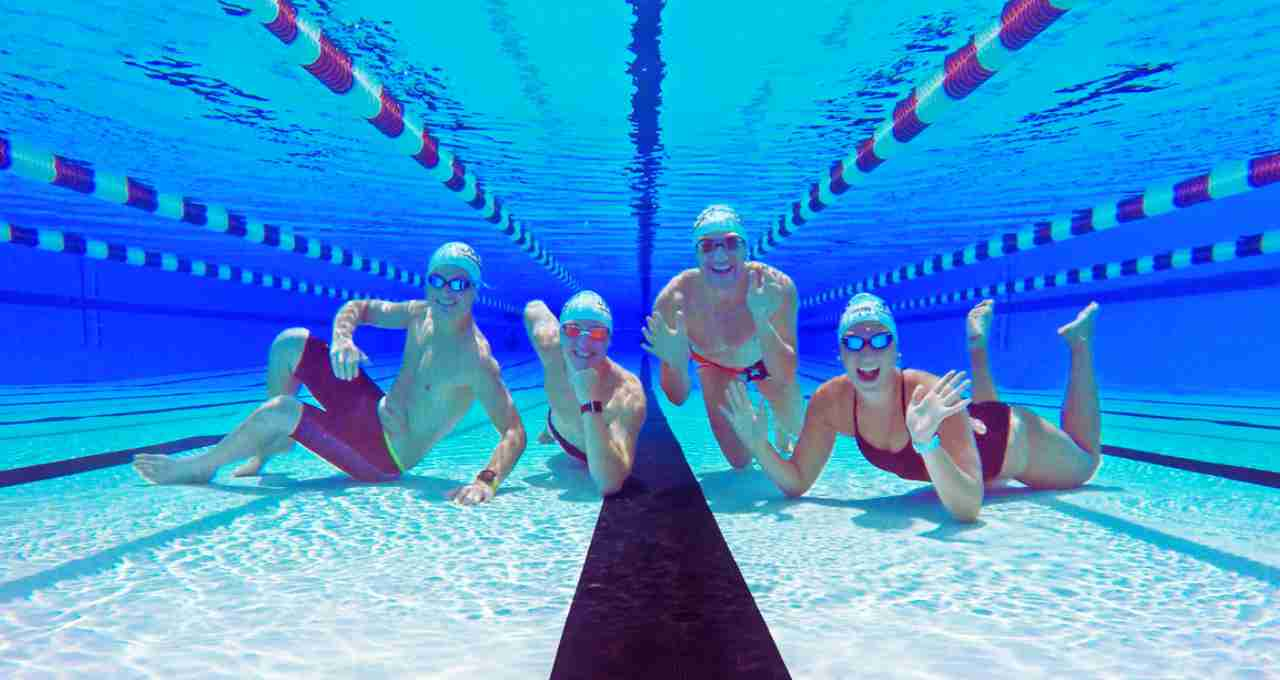National Learn to Swim Day is observed every year on the third Saturday of May, which fell on May 17th this year. This day not only highlights the importance of learning to swim but also raises awareness about water safety. During the summer months, when swimming pools, rivers, and beaches are crowded, knowing how to swim becomes a crucial life-saving skill.
Swimming: An Essential Life Skill
Swimming is not merely a recreational activity or a way to beat the heat; it's a vital life skill. Thousands of people worldwide lose their lives to drowning each year, many due to a lack of swimming ability. Knowing basic swimming skills can be life-saving for oneself and enable one to assist others in need. Whether a child, young adult, or senior citizen, swimming is beneficial and essential for everyone.
Teaching children to swim at a young age fosters self-reliance and boosts their confidence. It reduces fear of water and makes them more aware of swimming rules and safety precautions. Swimming contributes to their physical development and strengthens them mentally. Therefore, every parent should ensure their children learn to swim to become safer and more confident individuals.
Health Benefits of Swimming

Swimming is not just a safety skill; it's also an extremely beneficial form of exercise. It activates the entire body and strengthens muscles. Swimming increases stamina and improves cardiovascular health.
- Cardiovascular Health: Swimming is an excellent cardio activity. It improves blood circulation, providing the heart with more strength and energy. Regular swimming strengthens the heart muscle and reduces the risk of heart attacks. It helps control blood pressure and prevents heart disease.
- Muscle Strength and Body Toning: Swimming or moving in water engages every muscle in the body. Swimming increases muscle strength and improves body tone. This exercise puts less stress on the joints, making it beneficial for the elderly and those with injuries. Swimming improves flexibility and helps create a more sculpted physique.
- Improved Mental Health: Swimming positively impacts mental health. It reduces stress and promotes relaxation. The calming effect of swimming helps improve mood and combats issues like depression and anxiety, leading to better mental well-being.
Why Swimming is Essential for Children
Skills learned in childhood have a lifelong impact, and swimming is no exception. Learning to swim boosts children's confidence and gradually eliminates their fear of water. Children feel safer, especially when visiting water parks, swimming pools, or the ocean. Swimming also improves their physical fitness, as it's a full-body workout that enhances stamina, flexibility, and strength.
Teaching children to swim is easier today than ever before. Most schools and sports clubs offer specialized swimming classes for children, where trained coaches provide age-appropriate instruction. These classes prioritize children's safety. If you want your child to be fearless, fit, and self-reliant, start teaching them to swim today.
Easy Tips for Learning to Swim

Learning to swim is a fun and useful skill, but learning it correctly is crucial. If you or a family member wants to learn to swim, remember these simple yet important points. This will make the learning experience easier and safer.
- Learn from a Professional Coach: Always begin swimming lessons with a good and experienced professional instructor. This ensures you learn the correct technique and understand safety rules. Incorrect swimming techniques can lead to injuries; therefore, professional coaching is the best option.
- Patience and Consistency: Learning to swim requires time and consistent practice. It's not a skill acquired overnight. Don't get discouraged; practice daily. Regular practice improves your arm, leg, and breathing techniques, leading to better swimming skills.
- Use Safety Equipment: In the initial stages, use safety equipment such as flotation tubes, swimming boards, or life jackets. These tools help you stay afloat and feel secure, boosting confidence and making it easier to learn.
- Practice in Clean and Healthy Water: Always practice swimming in clean and safe water. Hygienic swimming pools or controlled environments are preferable. Swimming in dirty or unsafe water increases the risk of infection, which can be harmful to your health. Choose the right location.
How to Celebrate National Learn to Swim Day?
The best way to celebrate National Learn to Swim Day is by understanding its importance and taking positive steps. If your children or you don't know how to swim, enrolling them in a nearby swimming school or coaching center is an excellent start. For children, this day can mark a new beginning where they learn self-reliance and water safety.
You can also make this day special by participating in events organized by local swimming clubs or sports centers. Plan a swimming activity with friends and family. Share your swimming experiences on social media to inspire others. Posting about water safety tips and the benefits of swimming is also a great step. These small efforts can make this day both fun and informative.

Learning to swim is a crucial life skill that enhances safety and improves physical and mental health. National Learn to Swim Day reminds us that swimming is essential for all ages, and it's never too late to learn. Understand the true significance of this day and encourage yourself or your family members to learn to swim. Stay safe and stay healthy.












